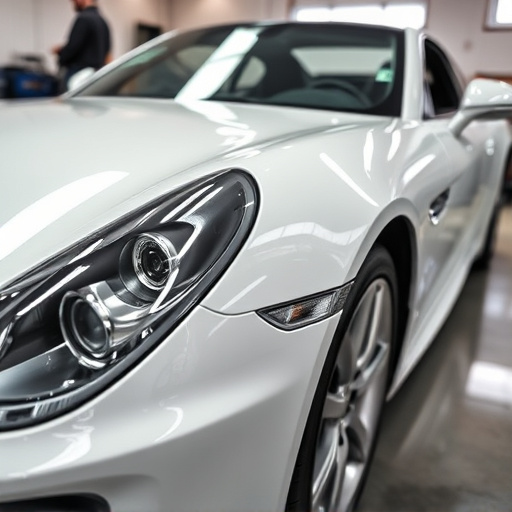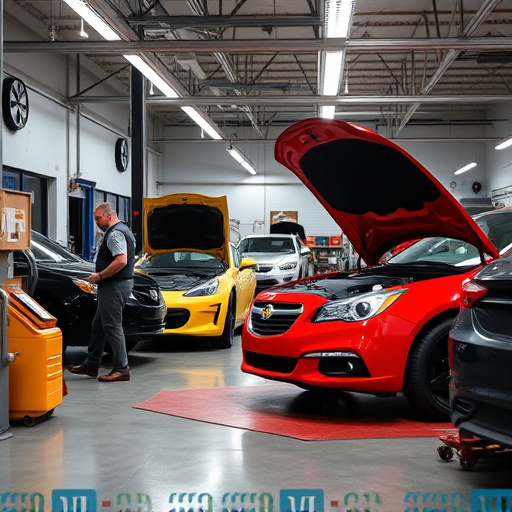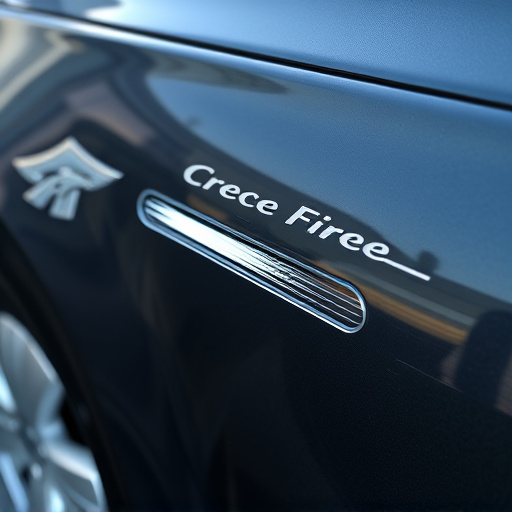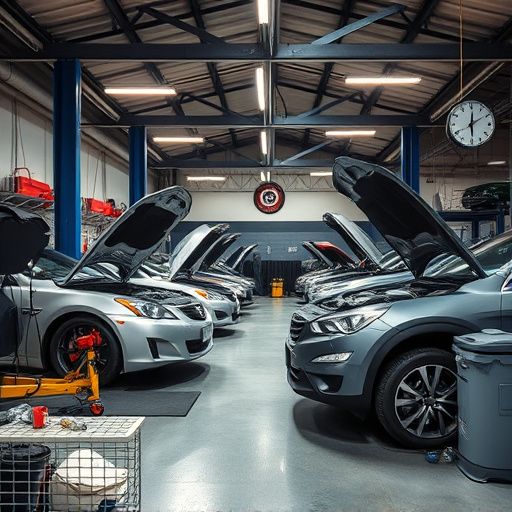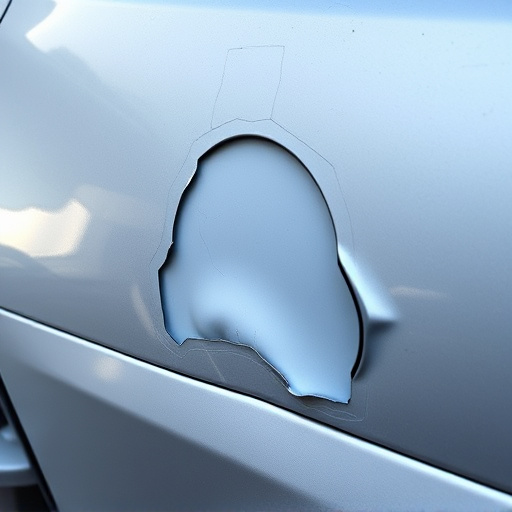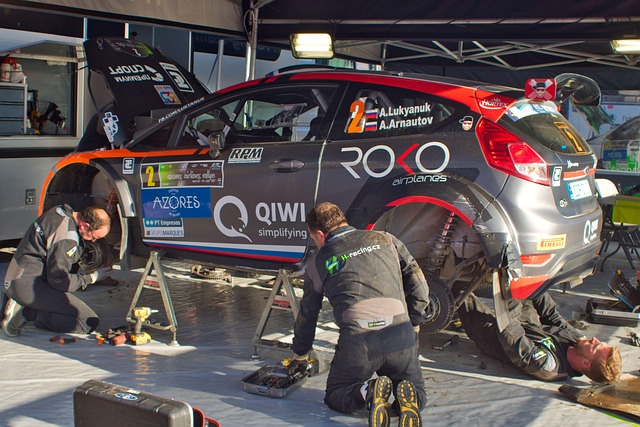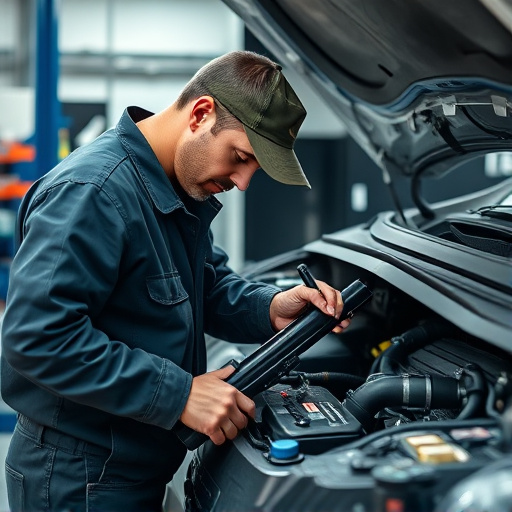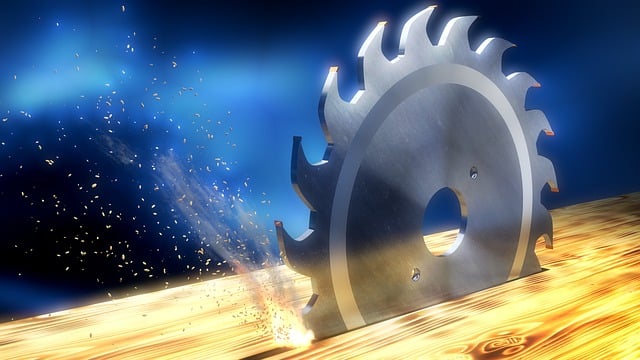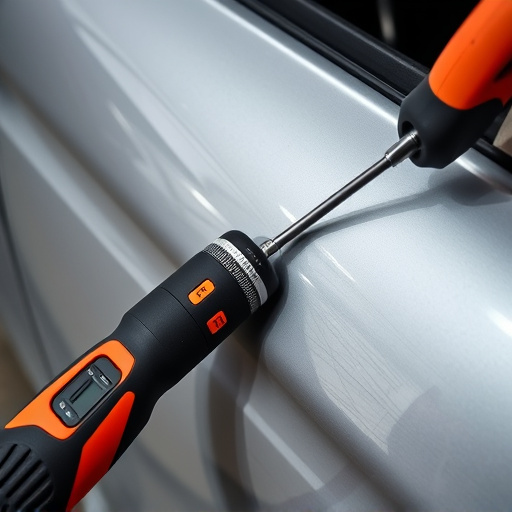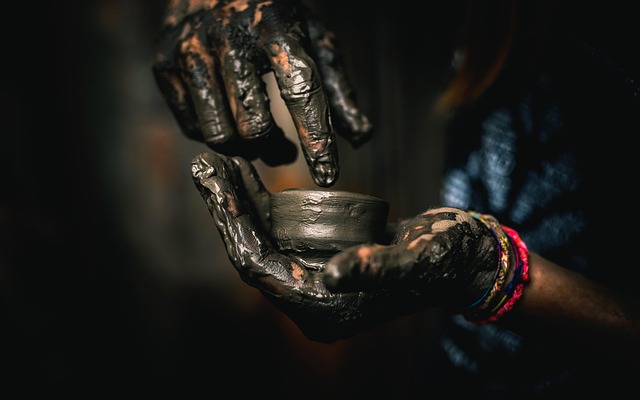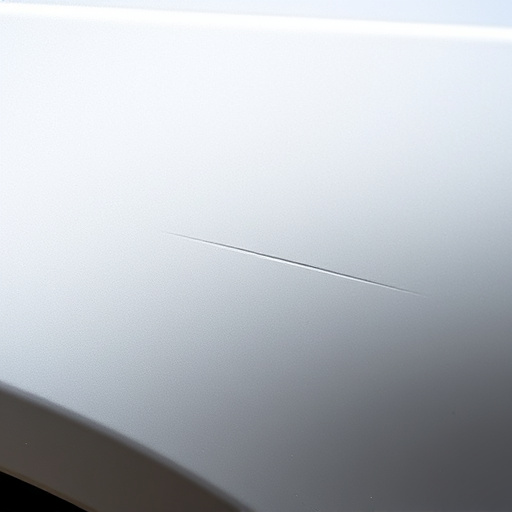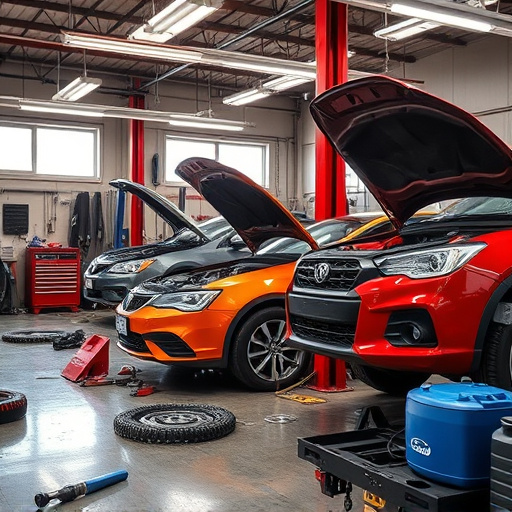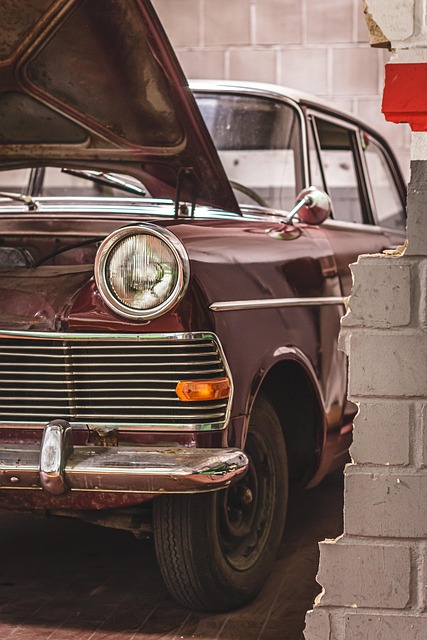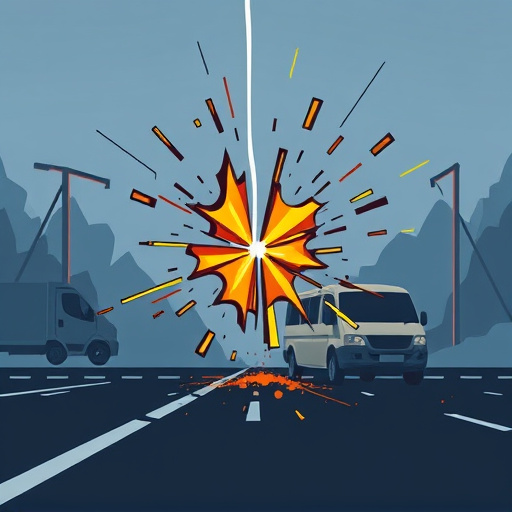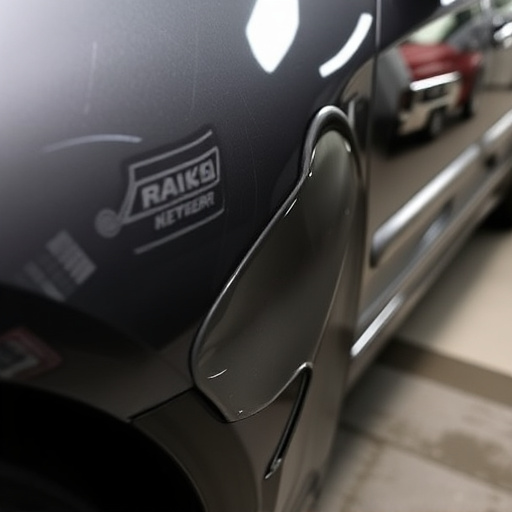In the event of a vehicle accident, radiator damage can lead to severe cooling system accident damage, impacting engine temperature regulation and causing potential safety hazards. Prompt repair and replacement are crucial to prevent overheating, maintain optimal engine performance, and ensure driver safety. Skilled auto body shops offer specialized services using advanced technologies and innovative reinforcement techniques to mitigate future risks associated with cooling system accident damage. Regular maintenance and timely component replacements further enhance vehicle reliability.
Radiators play a vital role in vehicle cooling systems, dissipating heat and maintaining optimal temperatures. However, in the event of a crash, these essential components are at risk of significant damage, impacting both vehicle performance and safety. This article explores the intricate role of radiators in cooling systems, delving into how crash damage affects their functionality and offers insights on repair, prevention, and advanced technologies designed to fortify radiators against such incidents, emphasizing the importance of radiator integrity in mitigating potential hazards associated with cooling system accident damage.
- Understanding Radiators: The Core Component of Cooling Systems
- Impact of Crash Damage on Radiator Functionality and Safety
- Repair, Prevention, and Advanced Technologies in Radiator Protection
Understanding Radiators: The Core Component of Cooling Systems
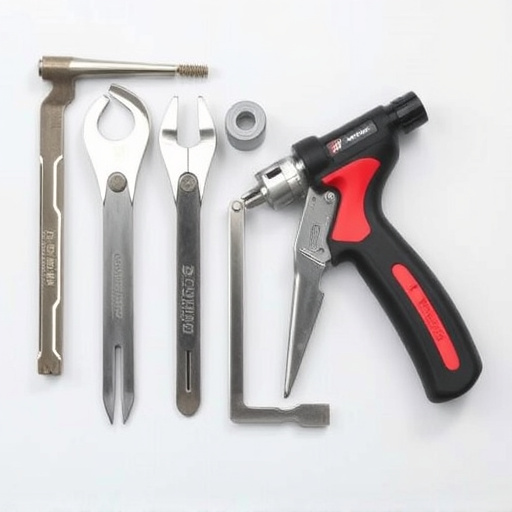
Radiators are a vital component in a vehicle’s cooling system, playing a crucial role in managing engine temperature during operation. These components are designed to transfer heat from the engine to the surrounding air, facilitating efficient cooling. Understanding the function and significance of radiators is essential when considering the potential impact of accident damage on a vehicle’s cooling system. In the event of a crash, radiators may sustain damage that affects their ability to perform their core function effectively, leading to overheating issues.
The effects of cooling system accident damage can be severe, especially if not addressed promptly. Cracks or leaks in the radiator can compromise the circulation of coolant, resulting in reduced heat dissipation. This, in turn, can lead to increased engine temperatures, potentially causing further damage to related components such as the water pump and thermostat. Proper vehicle restoration, including auto glass repair and meticulous bodywork, should prioritize the inspection and replacement of radiators to ensure the longevity and safety of the cooling system post-accident.
Impact of Crash Damage on Radiator Functionality and Safety
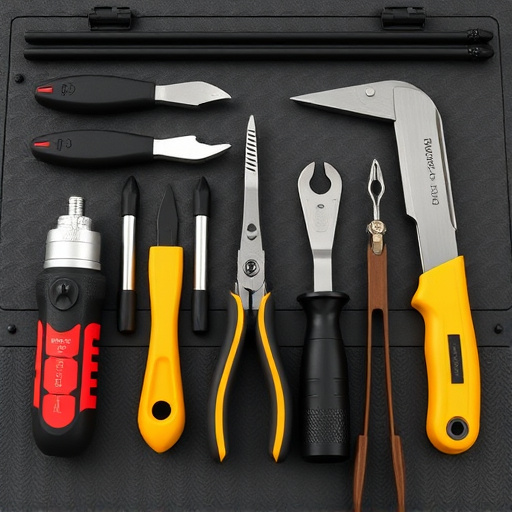
In the event of a crash, even minor ones, the impact can significantly affect the overall functionality of a vehicle’s cooling system and its components, including radiators. Radiators play a vital role in maintaining optimal engine temperature by dissipating heat through air flow. Damage to these critical parts due to accidents can lead to overheating of the engine, which not only hampers performance but also poses serious safety risks. Crashes often result in bent or ruptured radiators, obstructed airflow paths, and leaks that disrupt the cooling mechanism.
Such damage can have far-reaching consequences, requiring immediate attention from car bodywork services. Prompt repairs are essential to prevent further engine damage, especially as a faulty cooling system could lead to overheating, causing potential failures of other components like the water pump or even leading to a complete engine breakdown. Efficient and thorough bumper repair and dent removal are crucial steps in ensuring the safe and effective operation of a vehicle’s cooling system post-crash.
Repair, Prevention, and Advanced Technologies in Radiator Protection
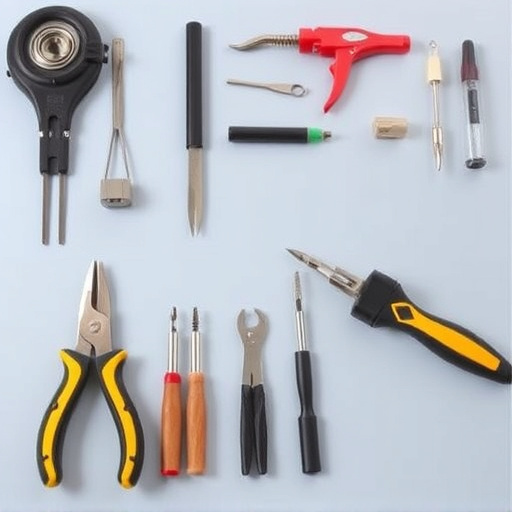
In the aftermath of a cooling system accident, proper radiator repair and protection become paramount. Car restoration experts emphasize the significance of prompt attention to prevent further damage. Skilled auto body shops offer specialized services to fix radiators, ensuring they are in optimal condition for safe operation. Advanced technologies play a crucial role in enhancing these processes.
Beyond repair, preventive measures are key to safeguarding against future cooling system damage. Regular maintenance and timely replacement of components can significantly reduce the risk of accidents. Auto body shops also employ innovative techniques and materials to reinforce radiators, acting as a robust line of defense against potential mishaps. These efforts contribute to improved vehicle reliability, ensuring drivers stay safe on the road.
Radiators play a pivotal role in a vehicle’s cooling system, and their integrity is crucial for maintaining optimal performance and safety. In the event of a crash, understanding how radiator damage can impact the overall cooling system and driver’s well-being is essential. By implementing effective repair strategies, preventive measures, and exploring advanced technologies, it’s possible to enhance radiator protection and minimize the consequences of cooling system accident damage.
